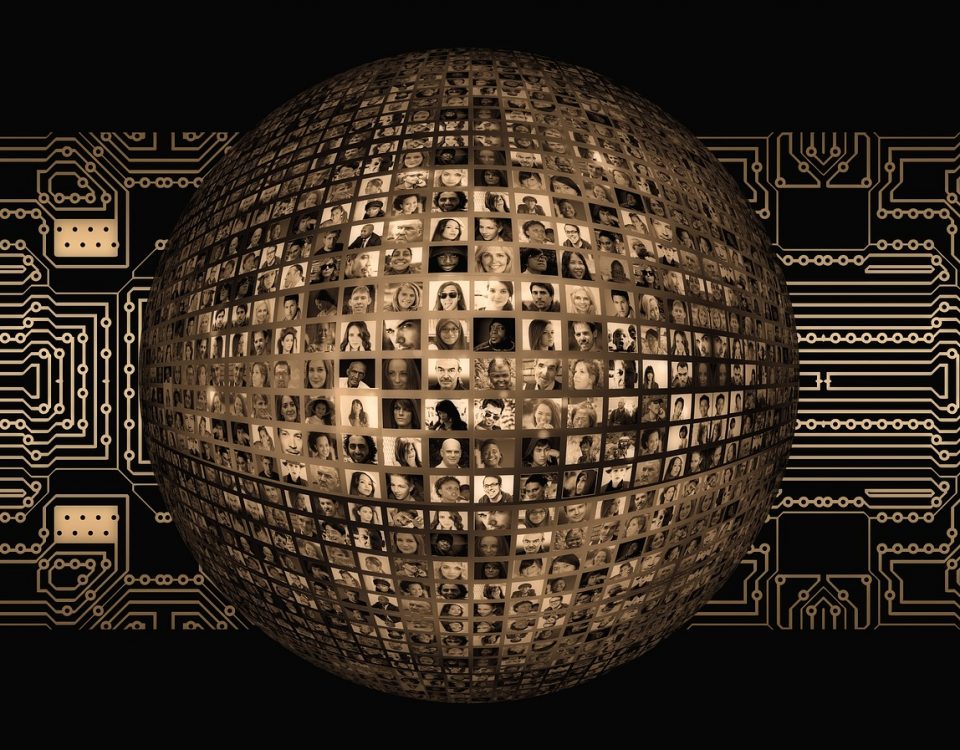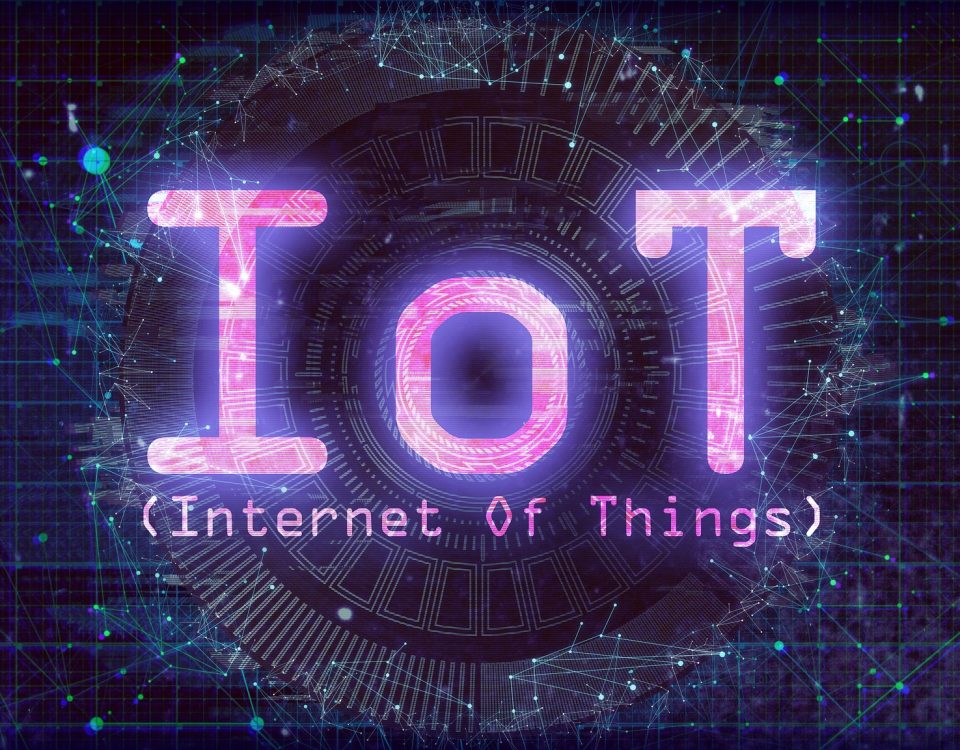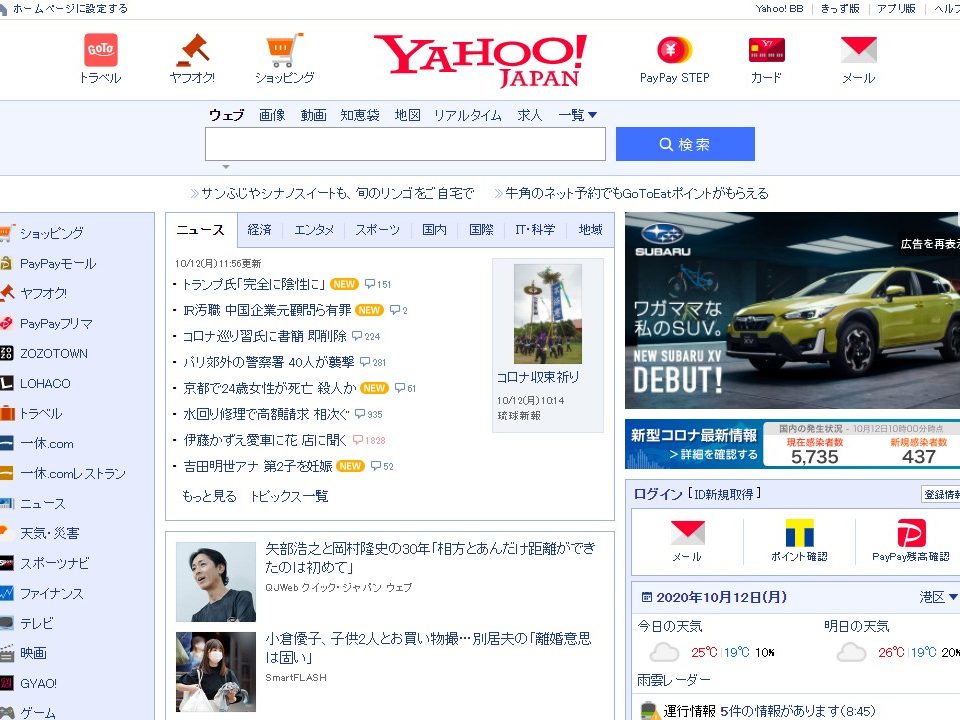27 December 2018
12 June 2019
21 May 2020
香港城市大學人文社會科學院媒體與傳播系系主任劉幼琍教授,解說OTT影音平台的服務模式、所面對的挑戰,以及其對傳統電視台的影響。
22 September 2020
This chapter seeks to chart the emergence of the digital humanities paradigm within the Chinese humanities, especially its more recent developments from the mid-2010s onwards.
23 September 2020
23 September 2020
This article elaborates the roles played by different forms of social identities, by analysing three datasets collected in Hong Kong,
23 September 2020
Since many companies or organizations in Taiwan have expressed the need to build 5G enterprise application networks, the government in Taiwan has committed to establish innovative spectrum policies to support the vertical application model to develop the 5G enterprise network to accelerate the digital transformation. This presentation will discuss the stakeholders’ views with regard to the 5G vertical application domains.
23 September 2020
During the recent wave of pro-democracy movement across the world, new media technologies play a vital role in mobilizing participants. This study examines the impacts of social media and alternative media on social movement participation in Hong Kong.
28 September 2020
Principal investigator: Dr Chris SHEN Fei (Department of Media and Communication) Grant type: Public Policy Research (PPR) Special Round
8 October 2020
Developments in digital communication technologies have had a significant effect on the way that people communicate, including how we gain access to, create and disseminate knowledge in academic and professional contexts. The purpose of this special issue is to engage with these issues.
8 October 2020
In recent years, many studies have used social media data to make estimates of electoral outcomes and public opinion. This paper reports the findings from a meta-analysis examining the predictive power of social media data.
8 October 2020
Longitudinal analysis using a follow-up survey not only demonstrated that the inadvertent learning effect persisted even after 2 months of the experiment but also suggested that the effect spilled over to new learning opportunities.
11 October 2020
This paper takes a closer look at two widely used and closely linked concepts in social media scholarship—affordances and context collapse—and critically assesses their value for future research.
11 October 2020
This meta-analytic study reviews empirical research published from 2007 to 2013 with an aim of providing robust conclusions about the relationship between social media use and citizen engagement.
29 October 2020
CLASS Faculty investigated how to assess the multimodal compositions, which go beyond expression through language alone, by interviewing teachers on a CityU course in English for science, about how they assess students’ digital video scientific documentaries.
30 October 2020
Lecture 1: Brief Introduction to R & Ordinary Least Squares Regression The first lecture will provide a brief introduction to the R environment to get familiar with the commands that will be used during the course. We will also see how to run descriptive statistics and how to perform Ordinary Least Squares (OLS) regression (and the related diagnostic). Format Zoom Speaker Dr Andrea Ceron, Associate Professor, Department of Social and Political Sciences, University of Milan, Italy Enquiries Dr TSUI Lik-hang, lhtsui@cityu.edu.hk
30 October 2020
Lecture 2: Non-Linearity The second lecture will address non-linearity. We will start by looking at quadratic models and interaction models within the OLS framework to conclude with the logistic regression. Format Zoom Speaker Dr Andrea Ceron, Associate Professor, Department of Social and Political Sciences, University of Milan, Italy Enquiries Dr TSUI Lik-hang, lhtsui@cityu.edu.hk
30 October 2020
Lecture 3: Introduction to Text Analysis & Scaling Models The third lecture will provide a general introduction to automated text analysis, discussing its general concepts and presenting an overview of existing techniques. Later, supervised and unsupervised scaling models (e.g. Wordscores and Wordfish) will be presented. These models are useful to scale texts along a common dimension to detect linguistic similarities/differences as well as language homogeneity/heterogeneity. Format Zoom Speaker Dr Andrea Ceron, Associate Professor, Department of Social and Political Sciences, University of Milan, Italy Enquiries Dr TSUI Lik-hang, lhtsui@cityu.edu.hk
30 October 2020
Lecture 4: Topic Models The fourth lecture will show how to discover latent topics within a set of textual documents, presenting models such as the latent Dirichlet allocation (LDA) and the Structural Topic Model (STM). Format Zoom Speaker Dr Andrea Ceron, Associate Professor, Department of Social and Political Sciences, University of Milan, Italy Enquiries Dr TSUI Lik-hang, lhtsui@cityu.edu.hk
4 March 2021
The distribution of public opinion signals social preferences. People make many decisions in their daily lives based on their perception of the opinion climate. Similarly, policymakers formulate policy proposals based on their understanding of public opinion. With digital and social media becoming an integral part of people’s daily lives for information and communication, the proliferation of digital technologies is changing not only how public opinion can be represented, but also how it can be studied. By adopting a big data-based approach, Dr Chris SHEN Fei, Department of Media and Communication, specialising in the social and political impact of new media technologies, has proposed ways of understanding public opinion through online textual mining.













